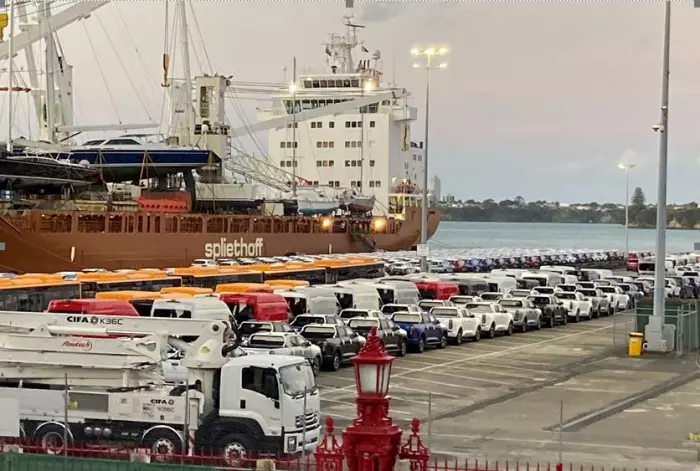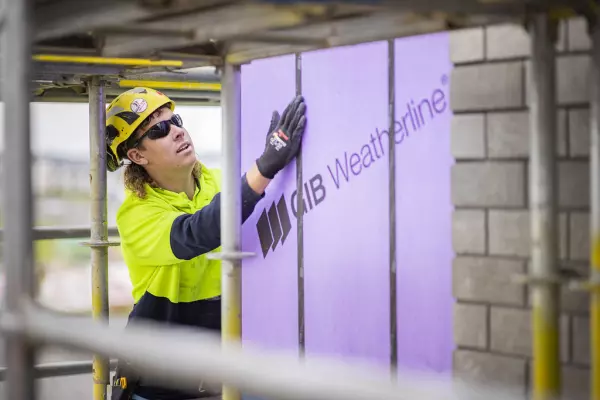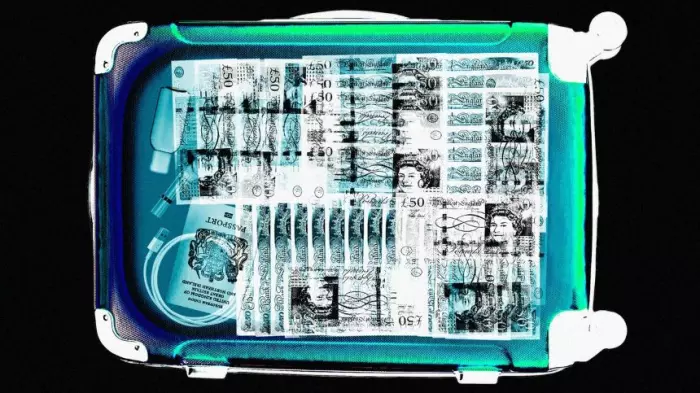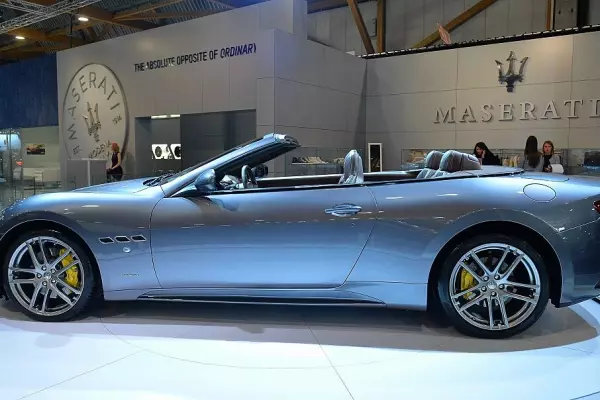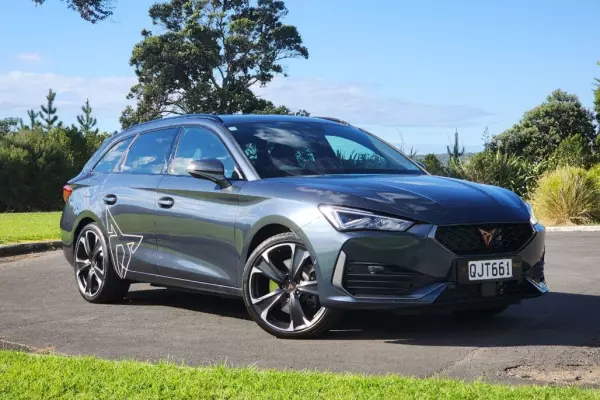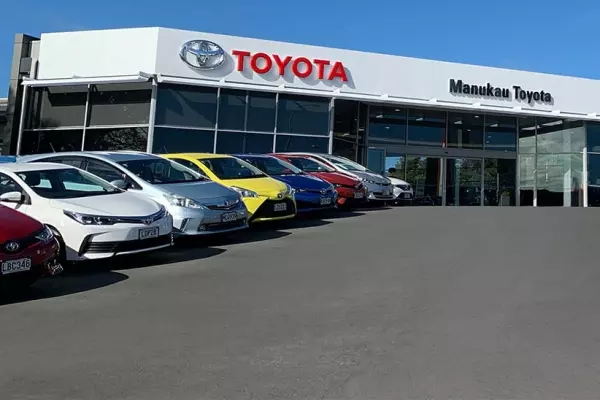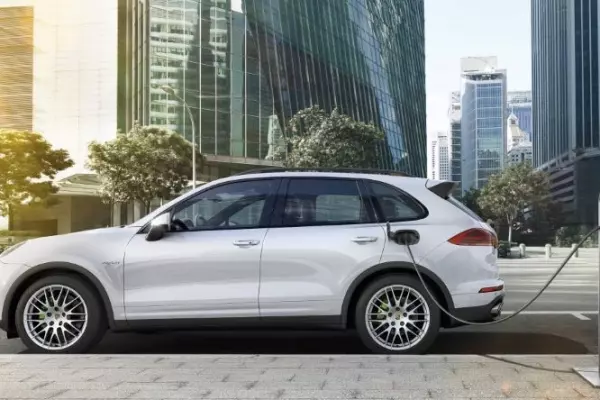The gap between government clean-car rebates and fees has stretched to $183.4 million, after New Zealanders snapped up more than 41,000 electrically powered passenger cars last year.
Waka Kotahi NZ Transport Agency, which administrators the ‘feebate’ scheme, paid out an initial $85.2m for 13,149 zero-emission cars under the original clean-car rebate scheme from July 1, 2021.
From April 1 to Dec 31 last year, it shelled out another $203.3m to 62,514 new owners of low- and zero-emission cars, according to data released to BusinessDesk by the transport agency.
On the other side of the ledger, it recouped $105.1m in fees from 50,191 buyers of higher-emission cars – drivers whose cars belched out more than 192 grams of CO2 per kilometre (g/km).
Under the scheme, set up to reward buyers for opting into low-emission cars while taxing higher-emission vehicles, zero-emission car owners could claim back as much as $8,625 for a new car or $3,450 for a used import from Waka Kotahi.
That applied to newly registered vehicles with a GST-inclusive sticker price of below $80,000, with a 3-star or higher safety rating and which emitted less than 146 g/km.
Vehicles that fall between 147 and 192 g/kg were exempt from any regulation under the scheme. Those higher than that attracted a fee of between $350 to $5,175 – the latter for those vehicles at above 276 g/km.
The aim, which transport minister Michael Wood sold as being 'fiscally neutral' when it was launched, was to have the scheme as self-funding, with fees covering payments.
Scheme will need to be reset
Buyers of NZ’s top-selling diesel utes, the Ford Ranger and Toyota Hilux, for example, are paying a clip-on fee of $2,900, based on their emission profile.
The 2.0 litre, turbo diesel Ranger comes in at a combined 195 g/km while the 3.0-litre, turbo diesel Hilux emitted 245 g/km, according to the Australian Green Vehicle Guide. That was based on a 14,000km per year use.
The government kicked things off by providing a repayable grant of $301.8m to Waka Kotahi, a little over half of the total government allocation of $569m for its clean-car upgrade and scrappage scheme.
The aim was to reduce transport emissions by 4,500 tonnes over its lifetime to 2050.
That left a remaining budget of $118.4m at Waka Kotahi's current discretion, although that won't last long while powered passenger cars continued to ramp up, according to Motor Industry Association chief executive David Crawford.
The association's latest numbers showed that sales of electrically powered cars, including battery, hybrid and plug-in hybrids, were up 77%, accounting for 41,103 of the 116,445 new car registrations in 2022.
The transport ministry was known to be looking at the current settings of the scheme, which Crawford said could signal a different or "streamlined" payment regime.
He said it was also possible that a new National government, which saw the feebate as a thinly disguised 'ute tax', could do away with it altogether.


